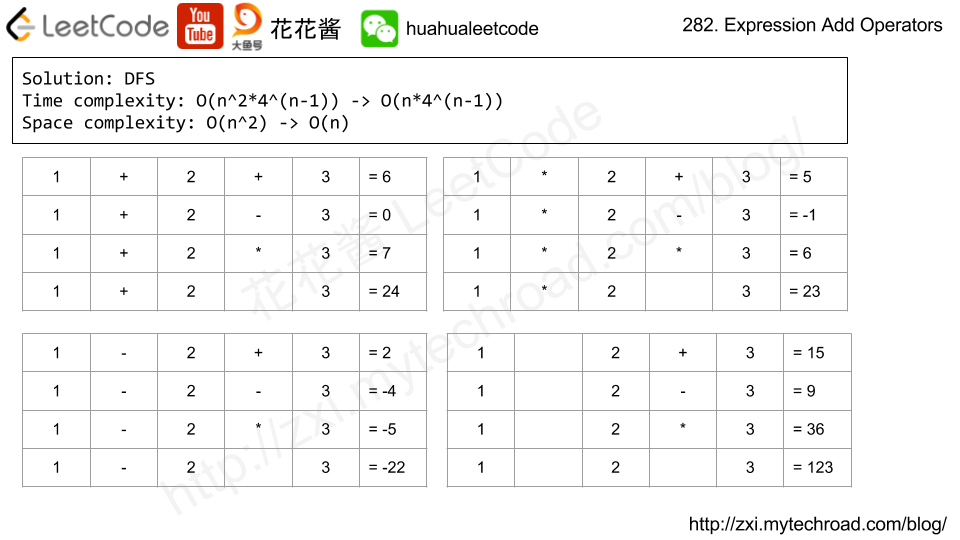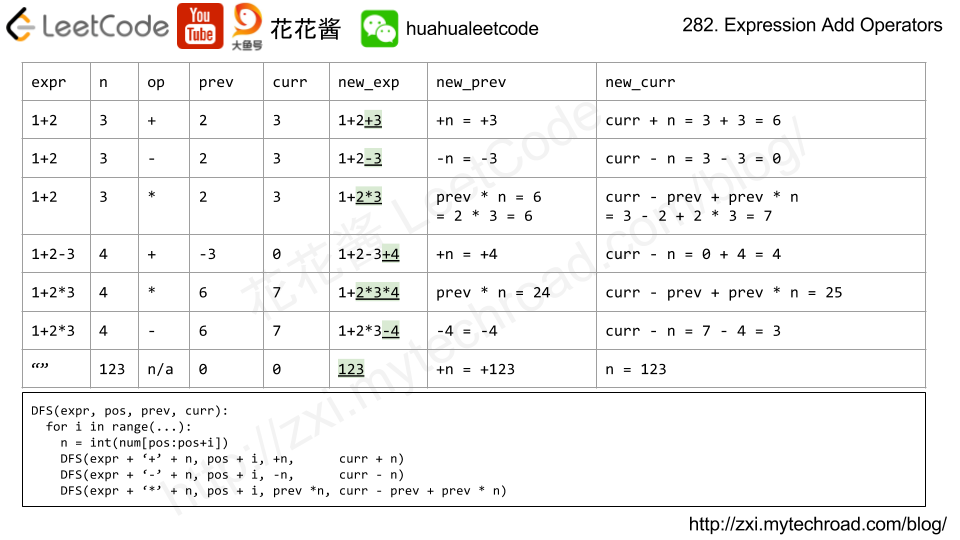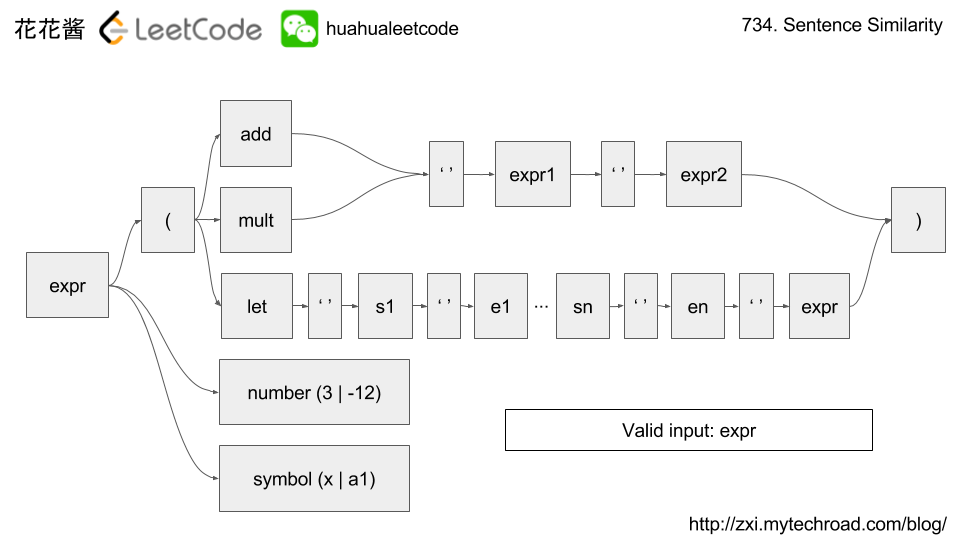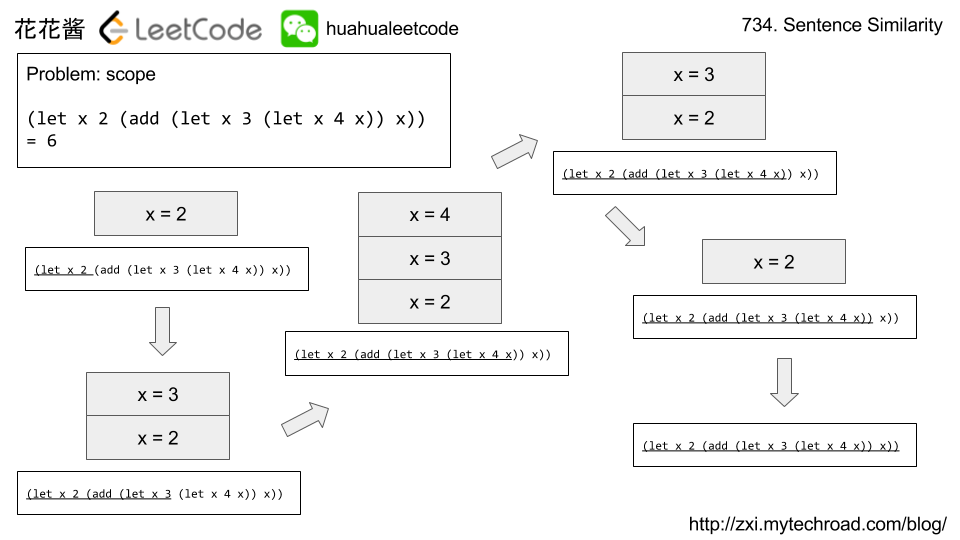You are given a 0-indexed string expression of the form "<num1>+<num2>" where <num1> and <num2> represent positive integers.
Add a pair of parentheses to expression such that after the addition of parentheses, expression is a valid mathematical expression and evaluates to the smallest possible value. The left parenthesis must be added to the left of '+' and the right parenthesis must be added to the right of '+'.
Return expression after adding a pair of parentheses such that expression evaluates to the smallest possible value. If there are multiple answers that yield the same result, return any of them.
The input has been generated such that the original value of expression, and the value of expression after adding any pair of parentheses that meets the requirements fits within a signed 32-bit integer.
Example 1:
Input: expression = "247+38" Output: "2(47+38)" Explanation: Theexpressionevaluates to 2 * (47 + 38) = 2 * 85 = 170. Note that "2(4)7+38" is invalid because the right parenthesis must be to the right of the'+'. It can be shown that 170 is the smallest possible value.
Example 2:
Input: expression = "12+34" Output: "1(2+3)4" Explanation: The expression evaluates to 1 * (2 + 3) * 4 = 1 * 5 * 4 = 20.
Example 3:
Input: expression = "999+999"
Output: "(999+999)"
Explanation: The expression evaluates to 999 + 999 = 1998.
Constraints:
3 <= expression.length <= 10expressionconsists of digits from'1'to'9'and'+'.expressionstarts and ends with digits.expressioncontains exactly one'+'.- The original value of
expression, and the value ofexpressionafter adding any pair of parentheses that meets the requirements fits within a signed 32-bit integer.
Solution: Brute Force
Try all possible positions to add parentheses and evaluate the new expression.
Time complexity: O(n2)
Space complexity: O(n)
C++
|
1 2 3 4 5 6 7 8 9 10 11 12 13 14 15 16 17 18 19 20 21 22 23 24 25 |
// Author: Huahua class Solution { public: string minimizeResult(string expression) { const int n = expression.size(); auto p = expression.find('+'); int best = INT_MAX; string ans; for (int l = 0; l < p; ++l) for (int r = p + 2; r < n + 1; ++r) { const int m1 = l ? stoi(expression.substr(0, l)) : 1; const int m2 = (r < n) ? stoi(expression.substr(r)) : 1; const int n1 = stoi(expression.substr(l, p)); const int n2 = stoi(expression.substr(p + 1, r - p - 1)); const int cur = m1 * (n1 + n2) * m2; if (cur < best) { best = cur; ans = expression; ans.insert(l, "("); ans.insert(r + 1, ")"); } } return ans; } }; |




